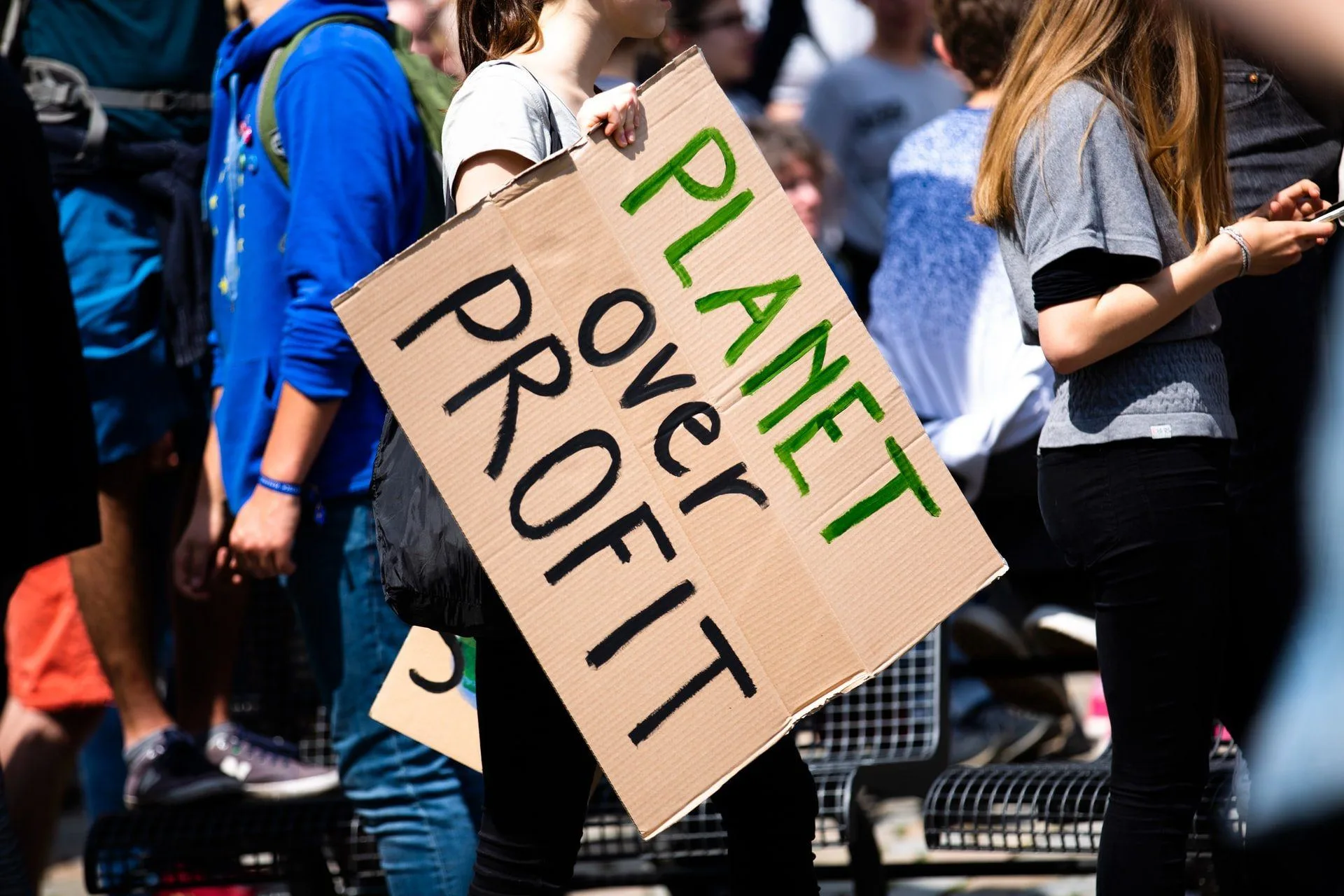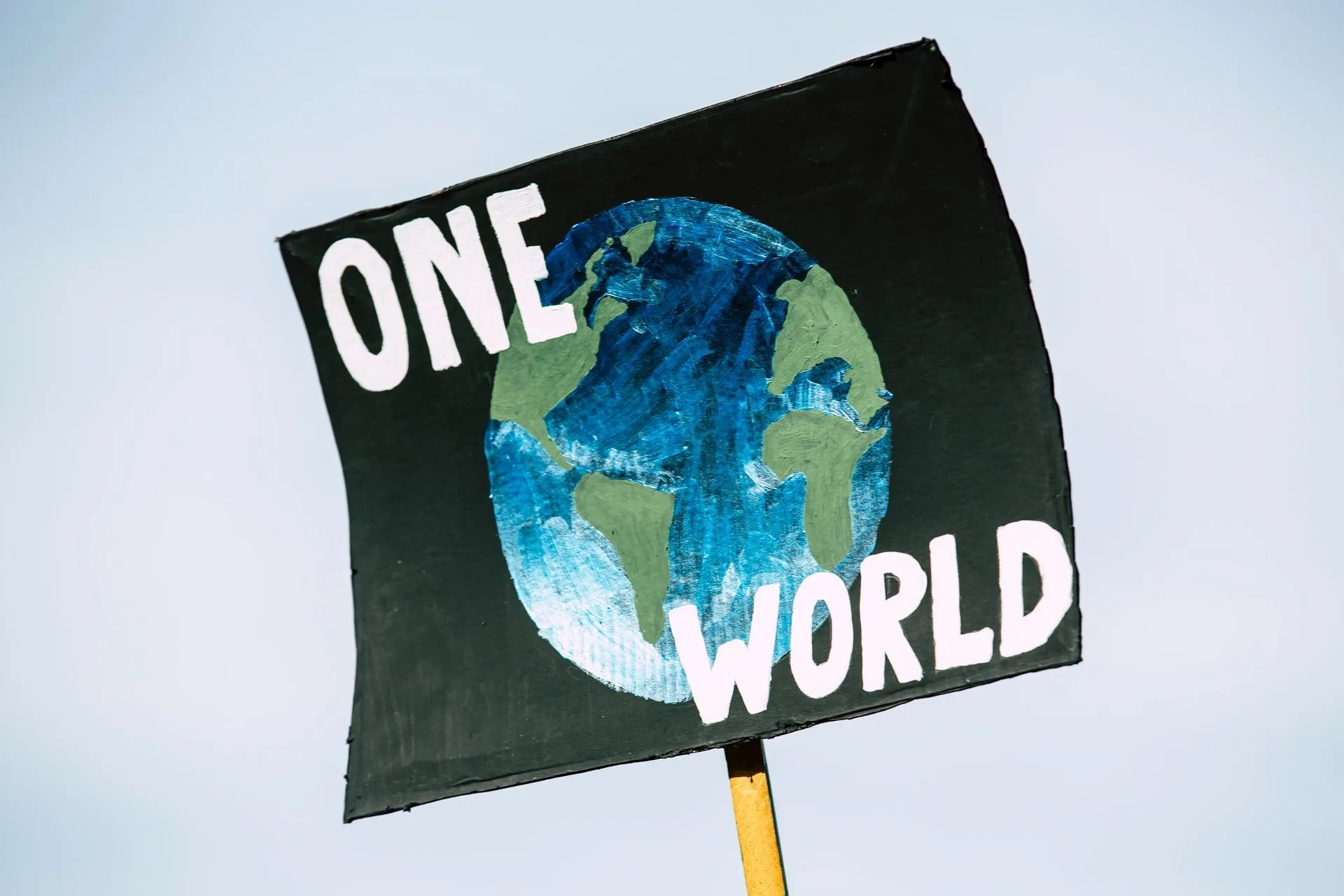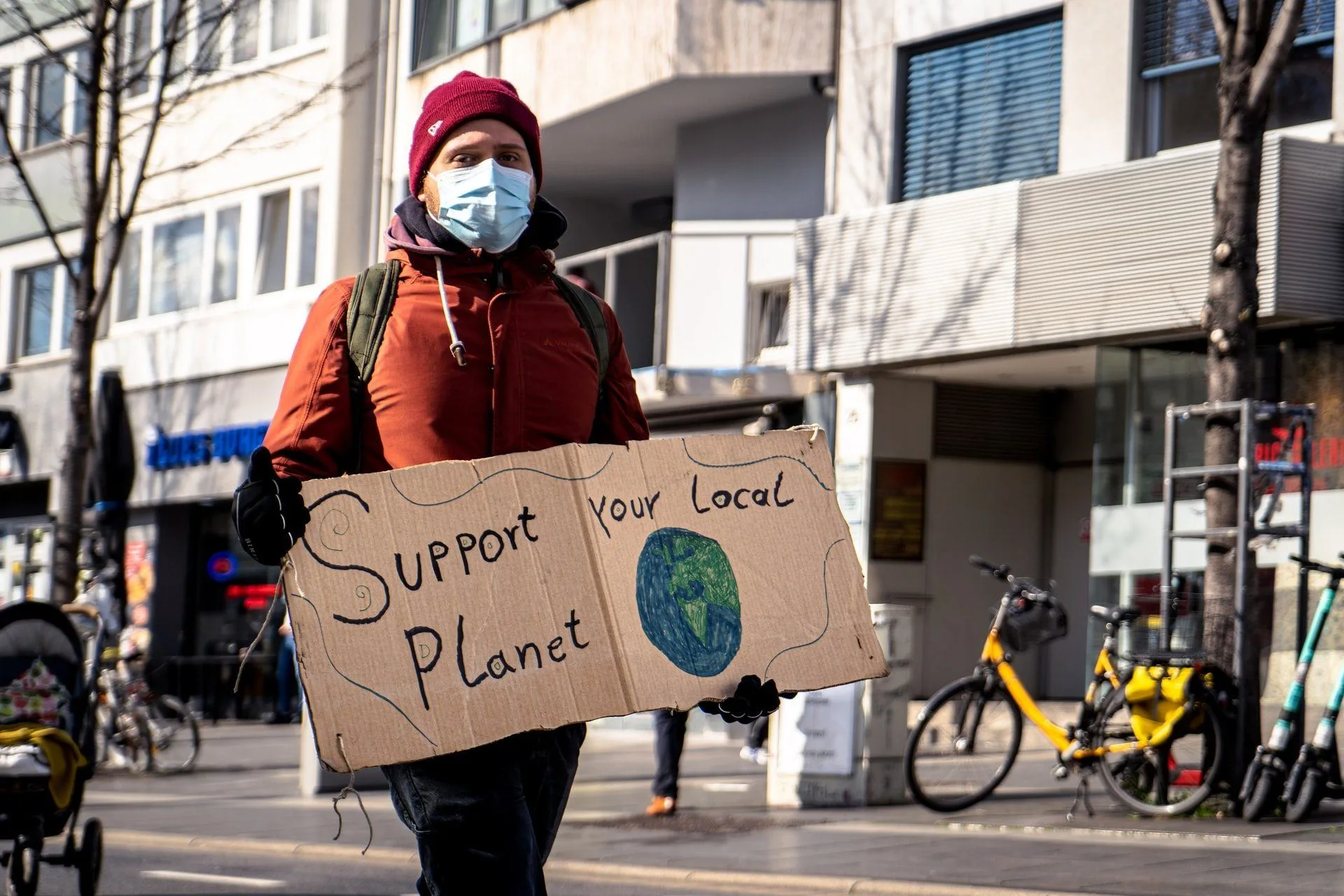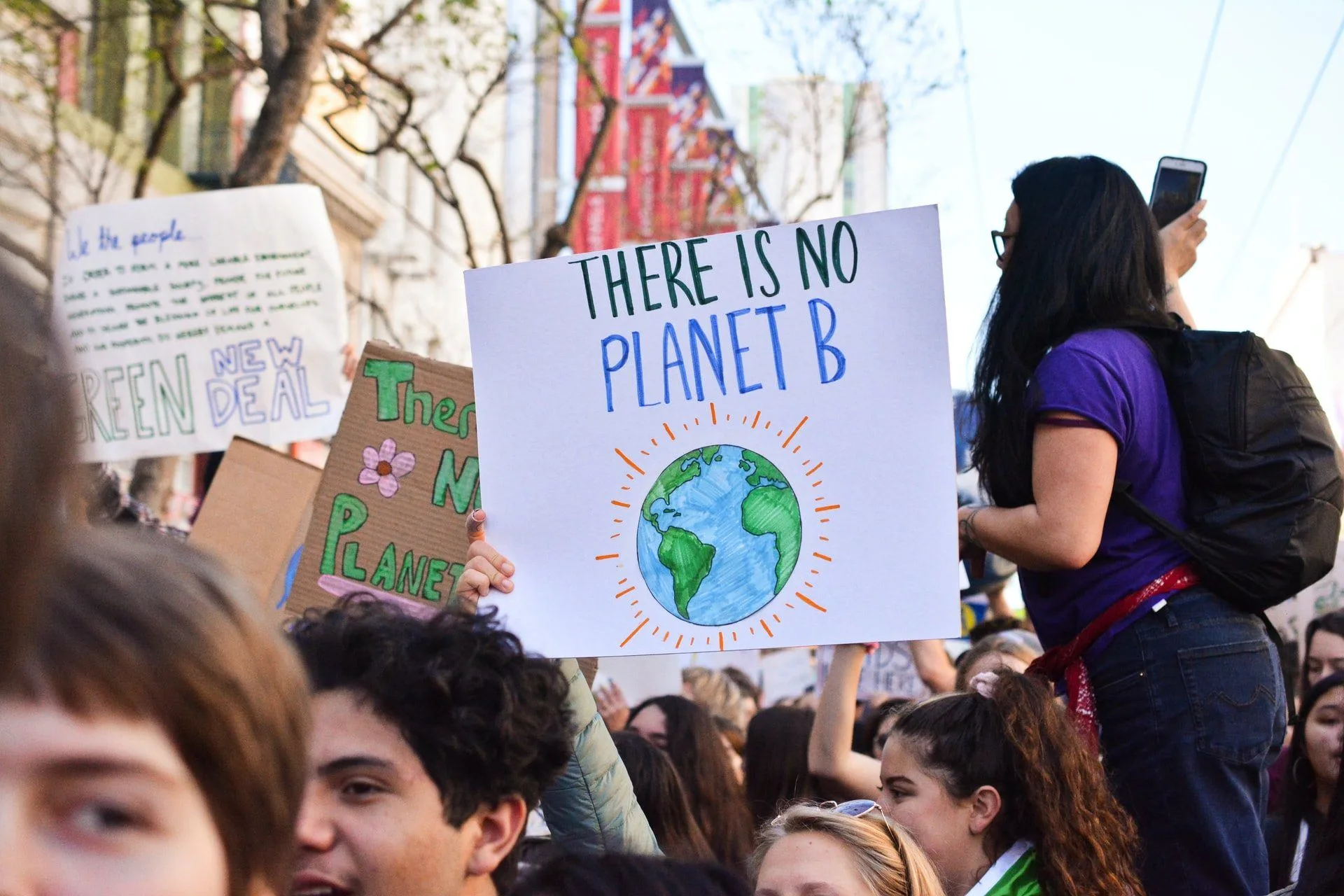Climate change is real and it’s here. Ever since the United Nations’ Intergovernmental Panel on Climate Change (IPCC) revealed that we are in the endgame when it comes to climate change, countless research has come out to reinforce this point, as well as explain the many ways that climate change is set to affect humanity.
Now, a new report has come out to reveal how these changing temperatures are affecting our physical and mental health.
Climate Change Is a Rising Threat to Mental Health
A new climate report from the Intergovernmental Panel on Climate Change (IPCC) has delved into the global mental health effects of climate change. It appears that changing temperatures won’t only bring climatic events, but it may also bring greater incidences of negative mental health outcomes.
Climate change and mental health disorders
According to the new IPCC report, climatic event, depending on the background and contextual factors, can lead to a range of potential mental health issues, including “anxiety, depression, acute traumatic stress, post-traumatic stress disorder, suicide, substance abuse, and sleep problems, with conditions ranging from being mild in nature to those that require hospitalization.”
Too hot for your mental health
The report broke down how different climatic events can influence mental health. In regards to rising temperatures, the report found that mental health outcomes as a result of heat-associated events can include suicide, psychiatric hospital admissions and ER visits for 10 mental disorders, experiences of anxiety, depression, and acute stress.
The report refers to a study that found that mental health issues increased by 0.5% when average temperatures exceeded 30°C, compared to averages between 25–30°C. The findings noted that 1°C of 5-year warming was associated with a 2% point increase in the prevalence of mental health issues.
Additionally, the report also cited a 2018 study published in Nature Climate Change that found an association between a 1°C rise in monthly average temperatures over several decades and a 2.1% rise in suicide rates in Mexico and a 0.7% rise in suicide rates in the United States.
Post-traumatic stress disorder (PTSD)
The IPCC report also touched on how climatic events can lead to the development of post-traumatic stress disorder (PTSD).

Photo by Sam Moqadam on Unsplash
According to the report, approximately 20–30% of individuals who survive a hurricane develop depression and/or post-traumatic stress disorder (PTSD) within the first few months following the event. These rates were found to be rates for people who have experienced flooding.
Additionally, the report also revealed that a study published in BMC Public Health, which was conducted in South America and Asia, revealed an increase in post-traumatic stress disorders and depressive disorders after extreme weather events.
Wildfires
The IPCC report also found that wildfires can influence mental health outcomes. This is particularly because of the trauma that results from immediate experience and/or subsequent displacement and evacuation.
Increases in anxiety, sleeplessness, and substance abuse have been reported in response to wildfires and extreme weather events. The report added that these impacts are more pronounced among those who experience greater losses or are more directly exposed to the event, which may include first responders.
Climate anxiety
The report revealed that you don’t have to be directly affected by climate change in order for your mental health to be affected. The report cited studies that highlighted how the perceived threat of climate change can also result in mental health issues.

Photo by Nicholas Doherty on Unsplash
One study found in the report delved into the relationship between climate change anxiety and mental health among Gen Z Filipinos. According to the study’s findings, climate anxiety was correlated with lower mental health.
Who is more affected?
“Mental health challenges, including anxiety and stress, are expected to increase under further global warming in all assessed regions, particularly for children, adolescents, elderly, and those with underlying health conditions”
Climate change is an intersectional issue, yet it disproportionately affects certain groups, especially those in developing nations who have fewer resources for dealing with climate shocks. First responders, young people, women, Indigenous people, farmworkers, fishers, as well as wildfire fighters are the most likely to experience mental health distress due to climate change.
Indigenous peoples’ entire well-being is strongly dependent on their local environments. Any disruption to this is sure to affect their mental health. The report revealed that countless studies have found that changes in environmental health, mostly triggered by climate change and consumerism, are linked to an increase in depression, substance abuse, or suicide in some Indigenous communities.
The way forward
“Any further delay in concerted anticipatory global action will miss a brief and rapidly closing window of opportunity to secure a liveable and sustainable future for all.”
While personal accountability and action, like eating less meat, is a great way to address climate change and its mental health effects, the report makes sure to emphasize that the most effective way to do this is through systematic solutions.
Health systems around the world need to become better equipped to deal with climate-induced distress and countries should find ways to ensure that vulnerable communities are able to overcome the mental health problems that come with climate change, especially in areas where mental illness is still stigmatized.
“Effective adaptation options for reducing mental health risks under climate change include improving surveillance, access to mental health care, and monitoring of psychosocial impacts from extreme weather events.
Health and well-being would benefit from integrated adaptation approaches that mainstream health into food, livelihoods, social protection, infrastructure, water and sanitation policies requiring collaboration and coordination at all scales of governance.”

Photo by Markus Spiske on Unsplash
Bottom line
Climate change is a growing real threat that requires urgent action. This is especially if we wish to protect both the physical and mental health of individuals and communities. As such, not only do we need to call on world leaders and institutions to help support individual and community mental health and resilience in a changing climate.

Photo by Markus Spiske on Unsplash
References
Burke, M., González, F., Baylis, P. et al. Higher temperatures increase suicide rates in the United States and Mexico. Nature Clim Change 8, 723–729 (2018). https://doi.org/10.1038/s41558-018-0222-x
Obradovich, N., Migliorini, R., Paulus, M. P., & Rahwan, I. (2018). Empirical evidence of mental health risks posed by climate change. Proceedings of the National Academy of Sciences of the United States of America, 115(43), 10953–10958. https://doi.org/10.1073/pnas.1801528115
Rataj, E., Kunzweiler, K. & Garthus-Niegel, S. Extreme weather events in developing countries and related injuries and mental health disorders – a systematic review. BMC Public Health 16, 1020 (2016). https://doi.org/10.1186/s12889-016-3692-7
Reyes, M., Carmen, B., Luminarias, M., Mangulabnan, S., & Ogunbode, C. A. (2021). An investigation into the relationship between climate change anxiety and mental health among Gen Z Filipinos. Current psychology (New Brunswick, N.J.), 1–9. Advance online publication. https://doi.org/10.1007/s12144-021-02099-3
Wang, X., Lavigne, E., Ouellette-kuntz, H., Chen, B.E. (2014). Acute impacts of extreme temperature exposure on emergency room admissions related to mental and behavior disorders in Toronto, Canada,
Journal of Affective Disorders, Volume 155, Pages 154-161, ISSN 0165-0327, https://doi.org/10.1016/j.jad.2013.10.042.
https://report.ipcc.ch/ar6wg2/pdf/IPCC_AR6_WGII_FinalDraft_FullReport.pdf






![women [longevity live]](https://longevitylive.com/wp-content/uploads/2020/01/photo-of-women-walking-down-the-street-1116984-100x100.jpg)









